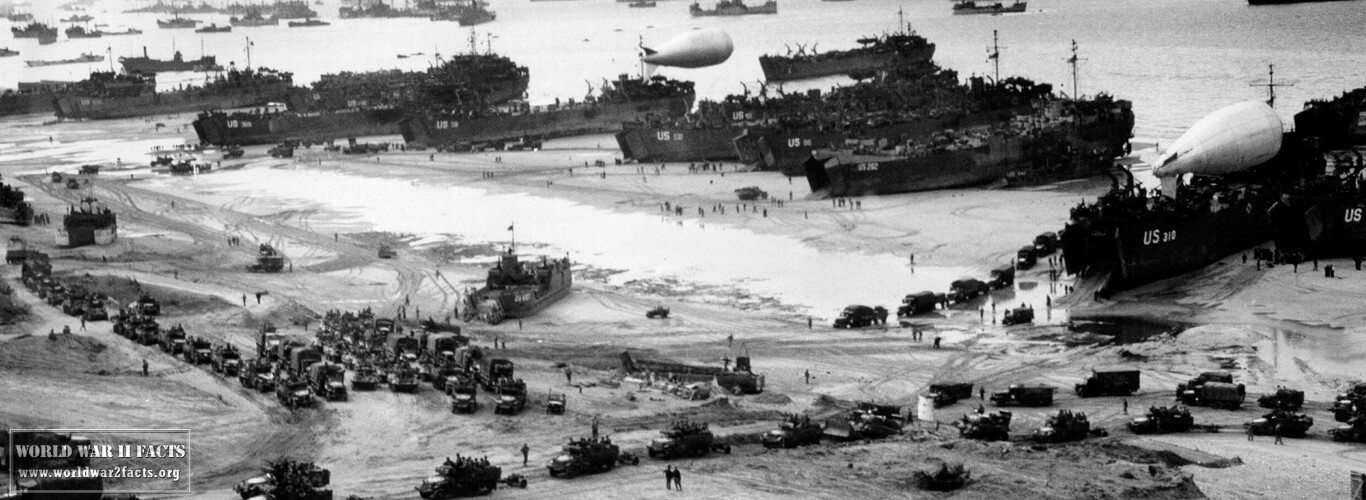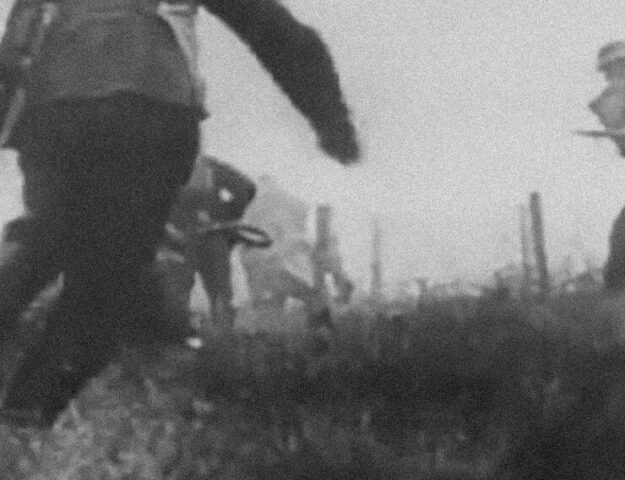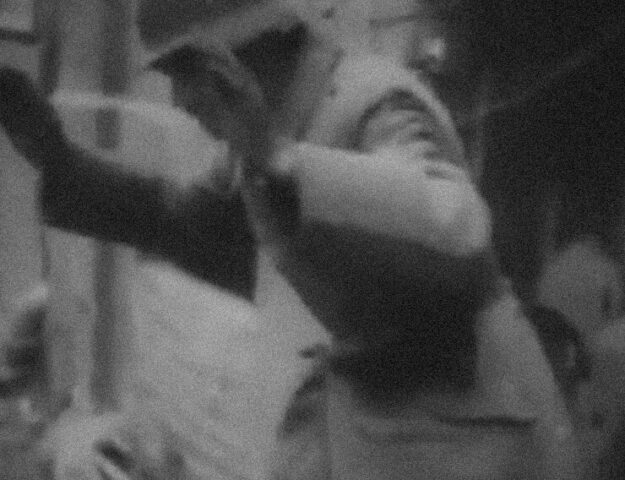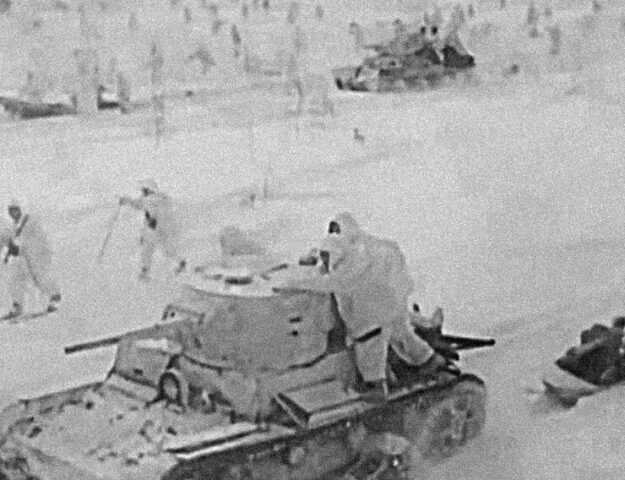Battle of France
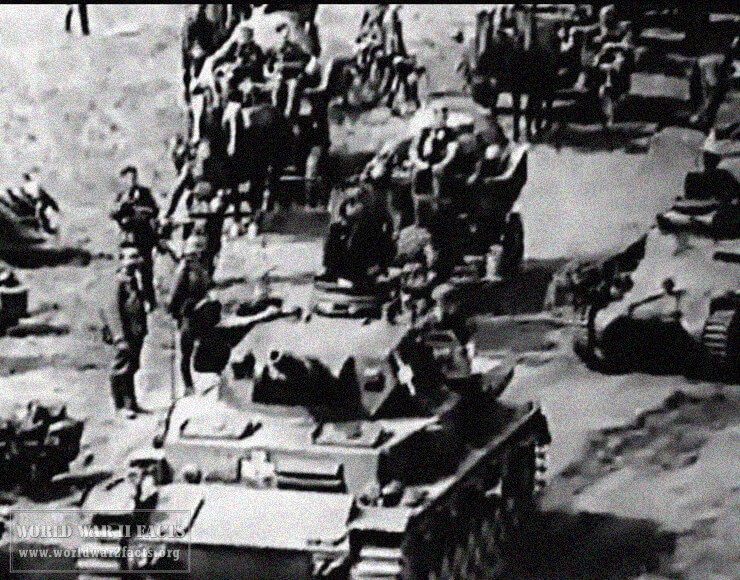
The Fall of France: Lessons Learned and Memories Preserved
Contents
- The Fall of France: Lessons Learned and Memories Preserved
- Introduction to the Battle of France
- Context Behind the Battle of France
- German Invasion of France
- Reasons for the Rapid Fall of France
- Lessons from the Fall of France
- Role of Technology in the War
- Human Cost of the Fall of France
- How France rebuilt after the war
- Preserving Memories of the Fall of France
- Lasting impact of the Fall of France
- Final Word
The Battle of France (aka the Fall of France) during World War II remains one of the most significant events in modern history. Despite possessing one of the most powerful armies in Europe, France was unable to withstand the might of Nazi Germany. The consequences of this defeat were devastating, with countless lives lost and a nation left in ruins.
However, the lessons learned from this tragedy have helped shape the world we live in today, and it is essential that we remember the sacrifices made by those who fought for freedom. In this post, we will explore the lessons learned from the fall of France, as well as the ways in which we can preserve the memories of those who gave their lives in the fight against tyranny and oppression. Join us on this journey as we discover the importance of remembering the past and the role it plays in shaping our future.
Introduction to the Battle of France
The fall of France in 1940 was a significant event in world history as it marked the end of the Phoney War and the beginning of World War II. France, which was considered one of the world’s superpowers, had been preparing for a war with Germany for years. However, in just six weeks, the German army had conquered France and forced it to surrender. The fall of France was a major blow to the Allied forces and had a lasting impact on both France and Germany.
Despite the defeat, there are many lessons to be learned from the fall of France. It serves as a reminder of the importance of being prepared for war, the significance of alliances, and the dangers of complacency. The fall of France also highlights the sacrifices made by those who fought for their country and the importance of preserving their memories.
In this blog post, we will delve deeper into the events leading up to the fall of France, the key players involved, and the aftermath of this pivotal moment in history. We will also discuss the lessons learned from this tragic event and the importance of preserving the memories of those who lost their lives in the fight for freedom.
Context Behind the Battle of France
The fall of France is a significant event in history and it is important to understand the context behind it. The fall of France occurred during World War II, specifically in 1940, when the German army invaded and quickly defeated French forces. The context for this event can be traced back to the Treaty of Versailles in 1919, which ended World War I and placed heavy reparations on Germany. This led to economic struggles in Germany and the rise of the Nazi Party under the leadership of Adolf Hitler. Hitler’s aggressive expansionist policies resulted in the invasion of Poland in 1939, which marked the beginning of World War II.
France, along with Britain, declared war on Germany in response to the invasion of Poland. However, France was ill-prepared for war, having spent much of the interwar period focusing on pacifism and disarmament. France’s strategy for defense, known as the Maginot Line, focused on fortifying the border with Germany but left the Ardennes forest region unfortified. The German army exploited this weakness by launching a surprise attack through the Ardennes, which allowed them to quickly advance towards Paris. Despite efforts to counterattack, the French army was defeated and France was forced to sign an armistice with Germany.
The fall of France had significant consequences for World War II and the rest of the world. It allowed Germany to occupy France and establish the Vichy regime, which collaborated with the Nazis. It also led to the evacuation of British and French troops from Dunkirk and ultimately, the entry of the United States into World War II. Understanding the context behind the fall of France is important in preserving the memories of those who fought and died during this significant event in history.
German Invasion of France
The German invasion of France during World War II was one of the most significant events in the country’s history. It marked the beginning of a brutal occupation that lasted for four long years and left an indelible mark on the nation’s psyche.
The invasion began on May 10, 1940, when German forces launched a massive assault on France. The French army, which was considered one of the most powerful in Europe at the time, was quickly overwhelmed by the German attack. The Germans advanced rapidly and within a matter of weeks, they had captured Paris and much of the rest of the country.
The French government, led by Prime Minister Paul Reynaud, quickly collapsed and was replaced by a new government under Marshal Philippe Petain. Petain quickly surrendered to the Germans and signed an armistice on June 22, 1940, which effectively ended the fighting in France.
The German occupation of France was brutal and oppressive. The French people were subjected to harsh living conditions, food shortages, and frequent acts of violence by the German military. Many French citizens joined the resistance movement, which carried out acts of sabotage and espionage against the German occupiers. The resistance played a crucial role in helping to liberate France from German control.
The German invasion of France was a traumatic event in the country’s history, but it also served as a reminder of the resilience and determination of the French people. Today, many memorials and museums throughout the country pay tribute to those who fought and died during the war, and serve as a reminder of the importance of standing up against tyranny and oppression.
Reasons for the Rapid Fall of France
The fall of France in 1940 is widely considered as one of the most significant events of World War II. The quick defeat of France by Nazi Germany shocked the world, and it left many wondering how such a powerful nation fell so rapidly. There were various reasons for the rapid fall of France, and some of them are still debated by historians to this day.
One of the main reasons was the ill-preparedness of the French army. Despite being one of the largest armies in the world, the French forces were poorly equipped and lacked the necessary leadership and organization. The French army relied heavily on its Maginot Line, an extensive network of fortifications along the border with Germany. However, the line was not completed, and the German army was able to bypass it with ease.
Another reason was the lack of cooperation and coordination between the French and British forces. The two nations had signed a treaty of alliance, but the cooperation between them was limited. The British forces were slow to arrive in France, and the French army was left to face the German invasion alone. The lack of cooperation between the two nations also affected their ability to coordinate their military strategies effectively.
The rapid fall of France was also due to the overwhelming firepower of the German army. The German army had developed new tactics, such as blitzkrieg, which involved the use of tanks, aircraft, and infantry to quickly overwhelm and encircle enemy forces. The French army was not adequately equipped to counter these tactics, and it crumbled under the onslaught of the German army.
In conclusion, the fall of France was a significant event in World War II, and it serves as a reminder of the importance of preparedness, cooperation, and innovation in warfare. By learning from the mistakes of the past, we can ensure that we are better equipped to face any challenges that may come our way in the future.
Lessons from the Fall of France
The fall of France in World War II was a devastating moment in history that taught us many lessons. One of the biggest lessons is the importance of preparation. France had the largest army in Europe at the time, but they were not prepared for the German invasion. They had put their faith in the Maginot Line, a defensive fortification that they believed would protect them from attack. However, the Germans simply went around the line and attacked from another direction, catching the French off guard.
Another lesson learned from the fall of France is the importance of unity. The French government was divided and could not agree on how to respond to the German invasion. This lack of unity weakened their ability to fight back. In contrast, the German government was very unified and had a clear plan of attack.
The fall of France also taught us the importance of adaptability. The French army was very traditional in its tactics and did not adapt to the changing nature of warfare. The Germans, on the other hand, were very innovative and used new tactics such as blitzkrieg to quickly overwhelm their opponents.
Lastly, the fall of France showed us the importance of remembrance. It is important to remember the sacrifices made by those who fought and died during this dark chapter in history. By remembering the lessons learned from the fall of France, we can ensure that we do not repeat the mistakes of the past.
Role of Technology in the War
Technology played a critical role in the war, and it was instrumental in shaping the outcome of the conflict. The Second World War was the first major conflict in which airpower was used extensively, and this had a profound impact on the course of the war. The Germans used airpower to devastating effect in the early stages of the war, and this allowed them to make rapid advances across France. The French Air force was unable to match the German Air force in terms of numbers, and this meant that the Germans were able to establish air superiority early on in the conflict.
Technology also played a critical role in the development of new weapons and tactics. The Germans were particularly innovative in this regard, and they developed a range of new weapons and tactics that allowed them to break through the French lines and make rapid advances across the country. Tanks played a particularly important role in the German advance, and they were used to devastating effect in many of the major battles of the war.
Finally, technology played a critical role in the communication and coordination of military operations. The use of radio communication allowed military commanders to coordinate their forces more effectively, and this helped to ensure that troops were deployed in the right place at the right time. The development of new codes and ciphers also played a critical role in the war, and this allowed military commanders to communicate securely and effectively with their troops. Overall, technology played a critical role in the war, and it was instrumental in shaping the outcome of the conflict.
Human Cost of the Fall of France
The fall of France was a pivotal moment in World War II, bringing about significant changes in the geopolitical landscape of Europe and the world. However, it is important to remember that the fall of France was not just a political or military event, but also had a profound human cost.
The experiences of those who lived through the fall of France are a poignant reminder of the devastating effects of war on ordinary people. Families were torn apart, homes were destroyed, and lives were lost. The soldiers who fought in the battle, both French and German, experienced unimaginable horrors and saw their comrades fall beside them.
It is important to preserve the memories of those who lived through the fall of France, both to honor their sacrifice and to ensure that we never forget the human cost of war. This can be done in many ways, such as by visiting memorials and historical sites, reading personal accounts and memoirs, and talking to veterans and their families.
By remembering the human cost of the fall of France, we can gain a deeper understanding of the impact of war on individuals and society as a whole. We can also honor and pay tribute to those who made the ultimate sacrifice, and work towards a future where such devastation is never repeated.
How France rebuilt after the war
After the devastation of World War II, France was left with a shattered economy, a broken infrastructure, and a struggling population. However, the French people and government were determined to rebuild their country and create a better future for themselves and future generations.
One of the first steps taken toward rebuilding France was the implementation of the Monnet Plan in 1946. This plan aimed to revitalize the French economy by prioritizing heavy industry and modernizing the country’s infrastructure. The plan also encouraged competition and innovation in French industries, helping to stimulate economic growth and create new jobs.
Another key factor in France’s post-war recovery was the Marshall Plan. This was a program of financial aid provided by the United States to rebuild Europe after the war. France received significant aid from the Marshall Plan, which helped to fund the country’s reconstruction efforts and jumpstart its economy.
In addition to these economic initiatives, France also underwent significant social and cultural changes in the aftermath of the war. The country experienced a wave of modernization and urbanization, with many people moving from rural areas to cities in search of work and new opportunities. This shift in demographics led to changes in French society, including the rise of new cultural movements and the proliferation of new forms of art, music, and literature.
Overall, France’s post-war recovery was a difficult but ultimately successful process. Through a combination of economic and social initiatives, the country was able to rebuild and create a new future for itself. Today, France stands as a testament to the resilience and determination of its people and serves as a reminder of the importance of unity and perseverance in the face of adversity.
Preserving Memories of the Fall of France
Preserving memories of the fall of France is an important task that must be carried out with care and attention to detail. This is not only crucial to remember the historical events that took place but also to honor those who lost their lives during the war.
There are a number of ways in which memories can be preserved, from creating online archives to physical memorials. One effective way to preserve memories of the fall of France is to create a digital archive of photographs, documents, and personal stories that relate to the events that took place.
This digital archive could be hosted online and made available to the public, allowing people all over the world to learn about the fall of France and the impact it had on the world. Additionally, physical memorials in the form of statues, plaques, and monuments can be erected to honor those who died during the war and to serve as a reminder of the sacrifices made.
It’s important to remember that preserving memories of the fall of France is not just about keeping history alive. It’s also about learning from the past and using those lessons to build a better future. By preserving memories, we honor the sacrifices made and ensure that future generations are aware of the significance of the events that took place.
Lasting impact of the Fall of France
In conclusion, the fall of France was a monumental event in history that had a lasting impact on the world. It was a turning point in World War II and set the stage for the eventual defeat of Nazi Germany. The lessons learned from this event have been studied and analyzed by historians and military strategists for decades.
The fall of France also had a profound impact on the French people and their culture. It was a time of great loss and suffering, but it was also a time of resilience and perseverance. The memories of this event have been preserved through art, literature, and film, and serve as a reminder of the sacrifices made by the people of France.
It is important to remember the lessons learned from the fall of France and to continue to study and analyze this event. By doing so, we can better understand the complexities of war and the impact it has on individuals and societies. We can also honor the sacrifices made by the people of France and ensure that their memories are preserved for future generations.
Final Word
Our article about the fall of France is a poignant reminder of the lessons learned during one of the darkest periods in modern history. We hope that by sharing these memories, we can help preserve the stories of those who lived through this tumultuous time. It is important to remember the past and learn from it so that we may build a better future. We hope that our article has inspired you to learn more about this period in history and to continue to pass on the memories and lessons learned to future generations.
